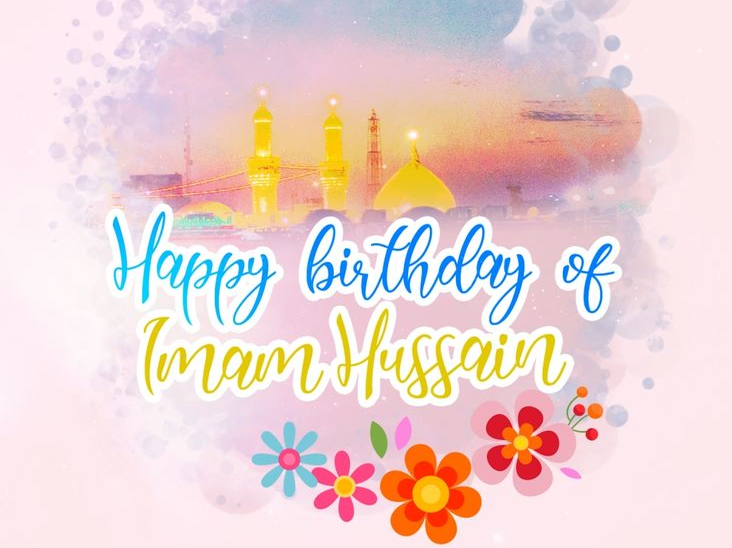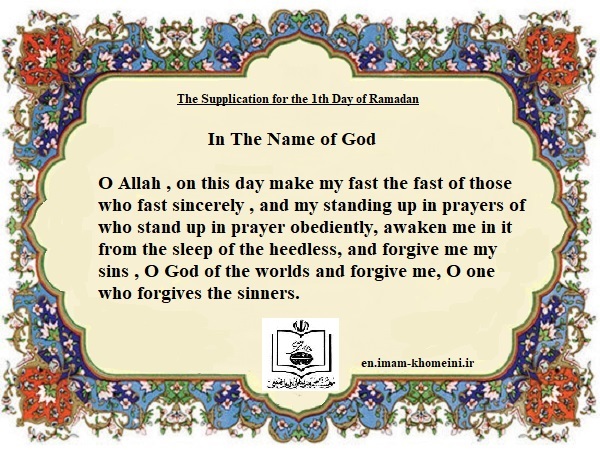
The Month of Ramaḍān 1447 A.H.
Ramaḍān (Arabic: رَمَضان) or Ramaḍān al-Mubārak (Arabic:رَمَضان المُبارَک ) is the ninth month of the Hijri calendar. It is obligatory for every Muslim to fast all the days of this month. Ramadan is when Allah revealed the Qur'an to the Prophet (s). The Night of al-Qadr is in this month. Ramadan is the only month whose name is explicitly mentioned and praised in the Qur'an. Also, the 21st of this month marks the martyrdom anniversary of Imam Ali (a).
Among this month's most significant recommended practices are reciting the Qur'an, keeping vigil on the three possible nights of al-Qadr, praying, repenting, giving Iftar meals to others and helping the needy.
Due to the great importance of Ramadan, committing sins leads to worse divine punishments in this world and the Hereafter.
Muslims greatly revere this month and consider it their month of worship. Faithful people prepare themselves spiritually in the previous months - Rajab and Sha'ban - to become ready for receiving godsends in Ramadan.
The name "Ramadan" is derived from the Arabic root form "r-m-d" (Arabic: رَمَضَ), meaning "heating up" and "burning." Some philologists believe the reason for choosing the word "Ramadan" for this month was the hot weather (at the time of the coinage), and it is not related to fasting since the month had been named Ramadan prior to Islam.
Important Events:
• Demise of Lady Khadija (a) (Ramadan 10, 3 BH/April 20, 620)
• Birthday of Imam al-Hasan al-Mujtaba (a) (Ramadan 15, 3/March 1, 625)
• Al-Qadr Night, the night in which the Qur'an was sent down completely (night of 19th, 21st, or 23rd of Ramadan 13 BH/610)
• Conquest of Mecca (Ramadan 20, 8/January 11, 630)
• Martyrdom of Imam 'Ali (a) (Ramadan 21, 40/January 28, 661)
Rituals of the Month of Ramaḍān
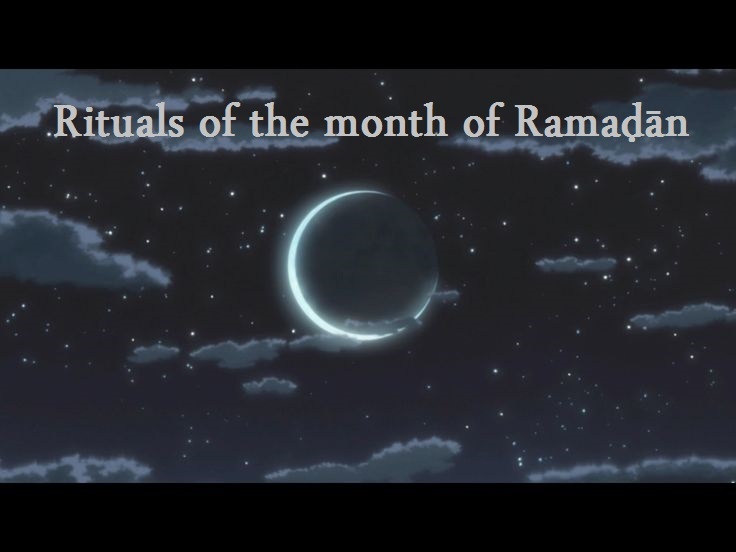
The Holy Month of Ramaḍān
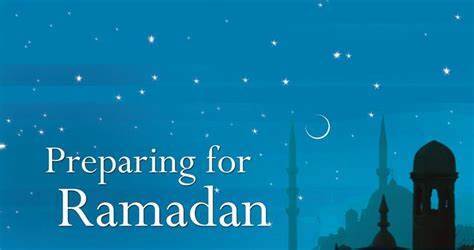
The rituals of Mid-Sha'bān
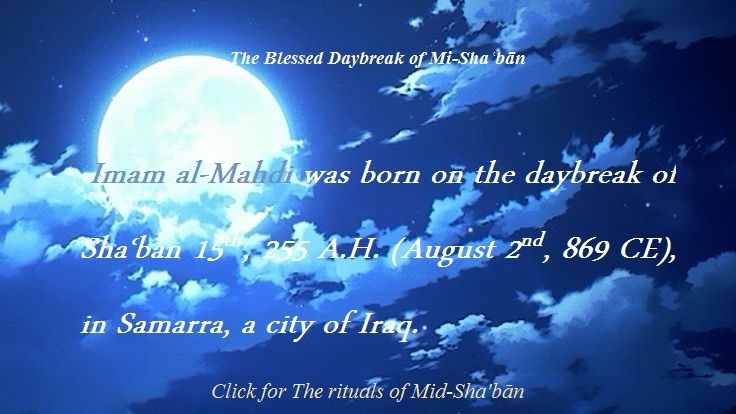
The auspicious birthday of Imam al-Mahdi
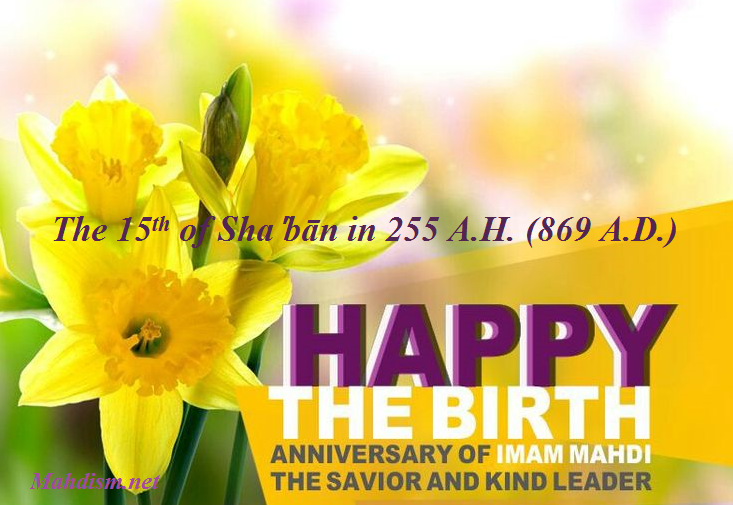
The Merits and the Rituals of Mid-Sha'bān

Ṣalwāt-e Sha’bāniyah

The Birthday of Imam Ali bin al-Ḥusayn
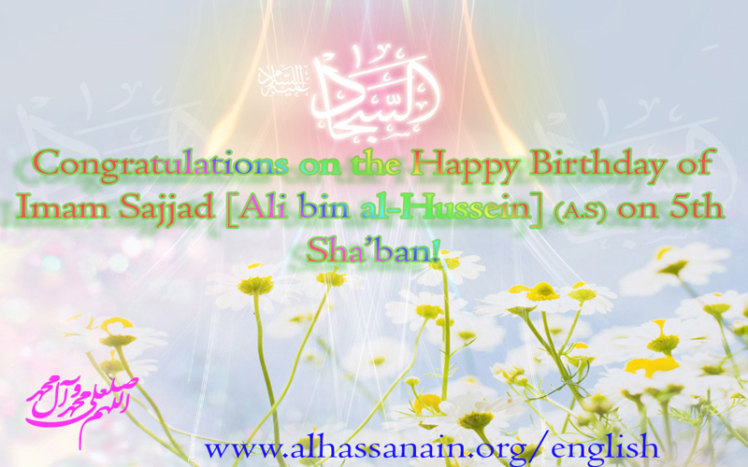
The Birthday of Abbās bin Ali
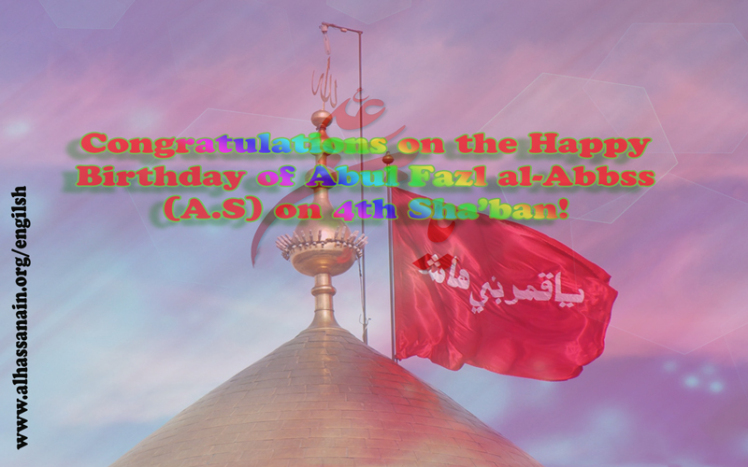
The Birthday of Imam al-Ḥusayn
